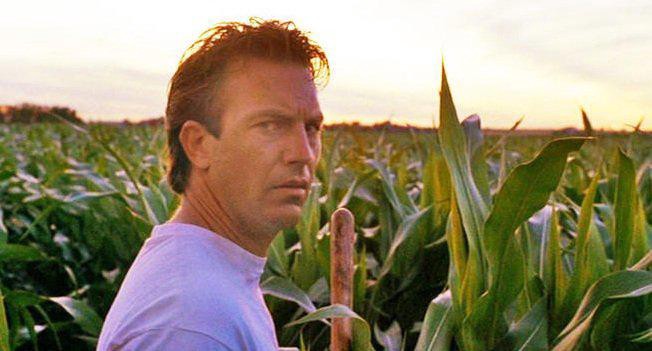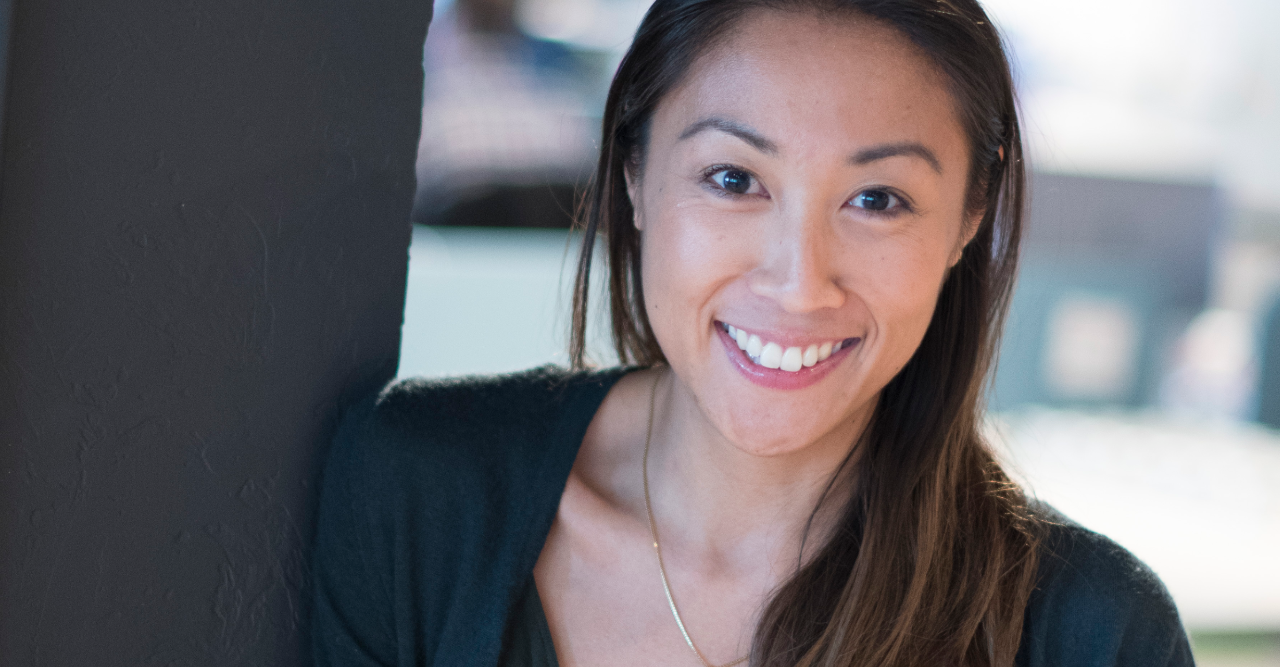A Conversation with Photomath’s Jennifer Lui about Experimentation
I recently caught up with Jennifer to chat about the importance of brand marketing at startups, what experiments she ran around brand, and experiences aspiring marketers should seek out.
Rommil: Hey Jennifer?—?How are you? It’s been a while since you’ve made the big move to Cali!
Jennifer: Has it? The year has just flown by and often it still feels just like yesterday that I was living and working in Toronto!
Ha! Fair enough. For the benefit of our readers, can you share a bit about yourself and what you do over at Photomath?
I currently lead marketing at Photomath which is an app that instantly solves math problems and provides step-by-step explanations that help people understand how to get to the final answer. I was originally attracted to the company because their marketing challenge is one that is kind of the opposite of most consumer companies. Over the past 4–5 years, Photomath has grown completely organically. They’ve had over 180-million downloads, mostly through word-of-mouth, and to date, they’ve never invested in paid acquisition! So far, my role has really been a mix of things, which I absolutely love. If I had to break it down, I’d say I do a combo of product marketing, brand strategy, and lifecycle user communications.

That’s cool. I’ve tried this out?—?and I have to say it’s pretty slick. I wish I had this as a kid?—?maybe my grades would have been better lol
Speaking of marketing, brand and awareness marketing is important to any company but it’s always challenging to prove its worth?—?namely with startups. What is your perspective on why young companies should still invest in brand awareness?—?and how do you measure its effectiveness?
A lot of times, I think companies with really great products or leaders with amazing product intuition have the perspective of “if I build it, they will come. The product will sell itself!” which works for early adopters. But for any industry, there are only so many early adopters. Brand awareness is important because if no one knows about your product… no one CAN come. And more importantly, brand awareness, to me, gives companies the opportunity to share what’s unique about them with consumers. With so many products available in the world today, it’s not just about being better than competitors, I do believe people care about why and how products are different from each other. Part of brand awareness is about taking up mindshare and acquisition but there’s also the other part of brand awareness which is to build engagement and loyalty among users. Regardless if you’re a young or established company, brand awareness should always be a consideration?—?whether you’re looking to acquire net new users or looking to promote a new feature or extension of your business, awareness is the first step towards any subsequent action.

In terms of measuring its success, well, that depends on the channel and what your goals are. Some things you could track are organic web traffic, app install rates, search trends, promo code redemption, trackable campaign links, impact on other marketing channels, sales during a specific window, to name a few. If you’re working with influencers, you could also measure things like campaign/video impressions, social engagement, or promo code click-through rates. But again, KPIs can really depend and vary.
Could you share any experiences where you leveraged experimentation to prove the value of brand marketing?
I think one of the clearest examples of brand marketing having a real impact was from a national TV campaign my team had run. We had really aggressive targets we needed to hit within a few months and to achieve them, we felt TV could really be impactful. The company had never invested in TV before so we started with a smaller spend and only targeted specific TV categories. In short, we saw clear jumps in a number of metrics (MAU, UMV, user sign-ups) so we scaled spend. Not only did we see positive impact on key metrics, but TV also ended up helping our other marketing channels at the time (we tracked paid lift) plus it had lingering effects even after we stopped spending.
Another test that comes to mind was one I did for a weekly email that was sent to shoppers of an app. We used to send out a generic roundup of the most recently listed items and we wanted to improve both open and click-through rates. I had a hypothesis that we’d get better click-through rates if we changed the email logic to instead 1) segment the email audience and 2) show shoppers items from categories they most recently shopped or browsed in. I also added logic around pricing whereby shoppers who tended to purchase lower priced items were only shown items under a specific threshold. These changes more than doubled shopping activity within 5 minutes of opening the new email. Additionally, we increased overall time spent and other engagement metrics per session. After this first successful test, we continued iterating on the email and got it to a healthy place.
Very cool. Love it. I like hearing when folks do things higher up in the conversion funnel?—?it’s so often neglected.
I’ve read that your background is in PoliSci?—?how did you end up in Marketing?
I studied political science in undergrad initially dreaming of a career in law, but changed my mind heading into my final semester. Not knowing what to do next, a friend of mine pointed me towards a post-grad program in public relations since a lot of the courses paralleled things I was already doing in my spare time. I applied and was accepted into the program I wanted, and throughout the year the program lasted, I ended up really enjoying it. I also really liked the applicable nature of what I was learning. Upon graduation, I was offered a full-time job at a big PR agency and I guess that’s really my first professional foray into marketing? But in hindsight and as my friend noted… I guess I’ve always been interested and been doing something marketing-related since high school if not even earlier? My friends used to ask me for help organizing and promoting things like bake sales and concerts so maybe I’ve always been a marketer??
For those interested in a career in Marketing?—?what kinds of experiences should they seek out?
Hmm… this is a tough question because I feel like Marketing includes so many things and the answer to this question really depends on the individual. There are a lot of different fields within the umbrella term of “marketing”. There are some marketers who specialize in a specific channel like email marketing or SEO while other people are more generalists who know a little bit about everything. I think a good marketer is someone who can be empathetic and is open to understanding different perspectives and experiences. To me, that’s important because I think marketing is about good communication which I believe is built on understanding all sides.
Finally, it’s time for the Lightning round!
Grow your user base or drive for profitability?
Depends on what your company’s goals are. In my experience, this is especially true if you’re at an early stage startup where often, you’re choosing between the two. Different strategies and tactics are required for each. I will say that growth should be considered within the context of sustainable growth.
Andrew Chen or Sean Ellis?
Sean Ellis
Toronto or California?
Oh, unfair question! Toronto will always be home and is honestly a world-class city, but right now? California!
Ha! I respect that. Though, Toronto will be here when you come to your senses. Just kidding!
Finally, a large corporation or startup?
Startup.
Awesome. With that, Jennifer, thank you for joining the conversation!
Connect with Experimenters from around the world
We’ll highlight our latest members throughout our site, shout them out on LinkedIn, and for those who are interested, include them in an upcoming profile feature on our site.
- About our new Shorts series: CRO TMI - November 8, 2024
- Navigating App Optimization with Ekaterina (Shpadareva) Gamsriegler - October 18, 2024
- Building Your CRO Brand with Tracy Laranjo - October 11, 2024
